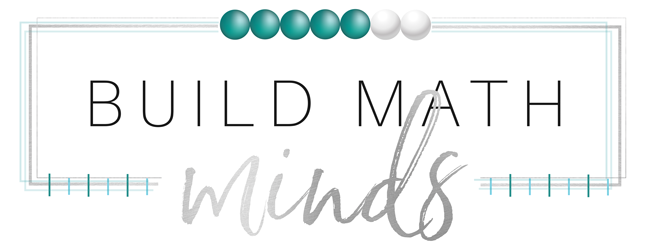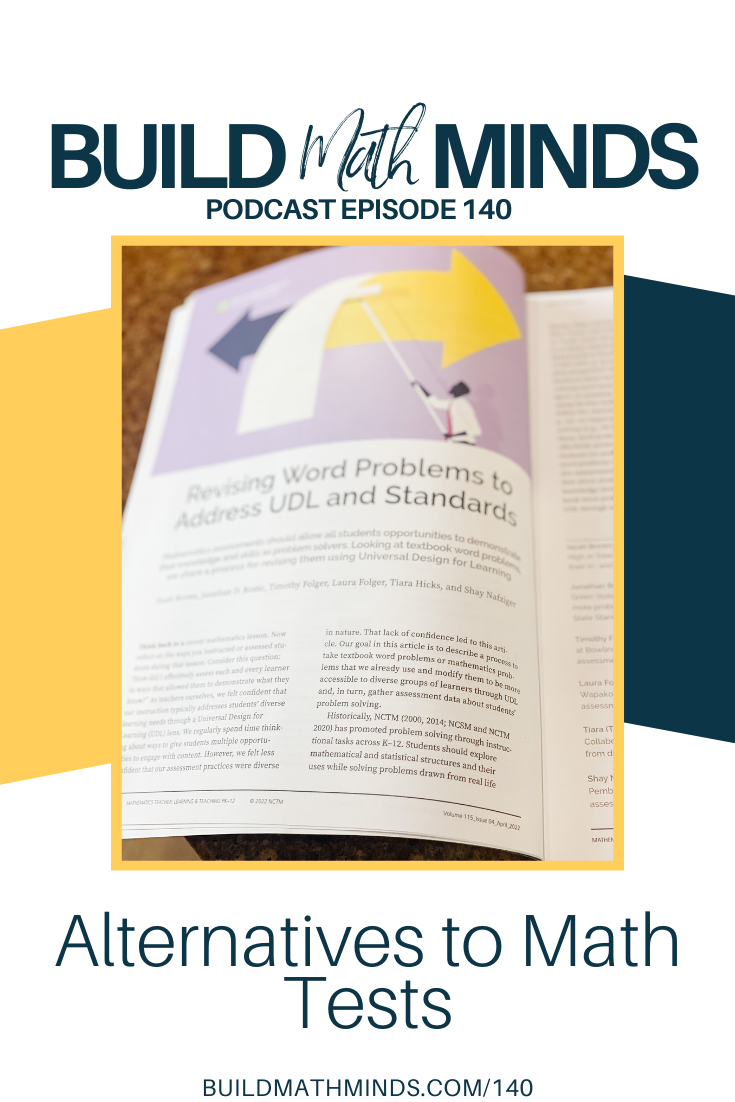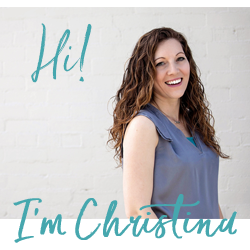Resources mentioned in this episode:
Revising Word Problems to Address UDL and Standards by Noah Brown, Jonathan D. Bostic, Timothy Folger, Laura Folger, Tiara Hicks, and Shay Nafziger.
Links for BMM Members (must be logged into your account for these links to take you to the trainings)
Observing as Assessing trainings & spreadsheets
Ann Elise Record’s session Math Running Records
Dr. Nicki Newton’s session Math Running Records in Action
Graham Fletcher’s session K-5 Game Changer: The Power of Student Interviews
Kristen Emmel’s session Making Student Thinking Visible: Replacing Math Tests with Math Chats
Mark Chubb’s session Noticing and Wondering about Assessment
Welcome fellow Recovering Traditionalists to Episode 140. Today I’d like to talk about Alternatives to Math Tests.
The last few episodes I have been talking about math tests. This week, while sitting in my car waiting for one of the hundred, or so, practices my kids had to finish, I opened up the recent issue of the NCTM journal Mathematics Teacher: Learning & Teaching PK-12. The very first article is about using word problems as a way to assess in mathematics.
Revising Word Problems to Address UDL and Standards by Brown, et. al. hooked me in with their summary right under the title. On page 252 of the journal it says:
“Mathematics assessments should allow all students opportunities to demonstrate their knowledge and skills as problem solvers. Looking at textbook word problems, we share a process for revising them using Universal Design for Learning.”
Members of NCTM (National Council of Teachers of Mathematics) get access to the journal and I’ll link up the article on buildmathminds.com/140. If you are NOT an NCTM member, I highly encourage you to join. If nothing else, see if your principal will become a member so that the journal comes to the school and all the teachers can read it.
In the article the authors said they wanted to use the UDL (Universal Design for Learning) framework to help them modify their textbook word problems into problems that their students could access, gave them better insight into their understandings, and reflected the emphasis they put on problem solving in the classroom.
For their project they chose to focus on 3 UDL guidelines:
- Multiple Means of Engagement: Recruiting Interest
- Multiple Means of Representation: Perception
- Multiple Means of Action & Expression: Physical Action
On pages 255-256, the authors give more detail about each:
“For engagement, we took time to get to know our students, chatting with them often about their interests, starting at the beginning of the year. These informal chats helped us consider viable contexts for word problems that drew in community-based and realistic elements. For representation, our goal was low-floor/high-ceiling problems designed with UDL in mind….Finally, as part of the action and expression principle, we reflected on viable mathematical strategies that students learned during lessons learned prior to an assessment task. This reflection on strategies led to ways our assessment might promote multiple representations and decontextualization/contextualization. Our goal was to create assessments that might allow us to see a variety of student solution pathways and learn more about how students think and reason mathematically.”
This is the basic idea of what they did to create richer assessment tasks for their students. The article goes on to show examples from Kindergarten, 5th grade, 7th grade, and High School Algebra. They show the original textbook problems and then describe how and why they modified them.
Again if you want to read the article I’ll link it up over at buildmathminds.com/140, but you do have to be a member of NCTM. Once you are a member you can read all the journal issues online, so even if you didn’t get the print copy of the issue you can still access it.
As many of you are currently in the thick of standardized testing, it reminds you that testing shouldn’t be like this….but if not this, then what?
I love that this article shares an alternative that teachers can do in their classrooms to get more insight into their students’ mathematical understandings.
We do need to observe our students to see what they know and what they don’t to inform our instruction, but that can come in a variety of ways.
For any of you who are members of the Build Math Minds PD site, we’ve added in some recent videos about Observing instead of Assessing and what things to observe your students for along with spreadsheets to help you keep track of the observations. Check your email for information about those.
We’ve also had a few presenters at past Virtual Math Summits do sessions about assessing students. So check out Graham Fletcher’s session about Student Interviews, Ann Elise Record and Dr. Nicki Newton’s sessions about Math Running Records, and Kristen Emmel’s session on using Math Chats instead of Math Tests.
So if you are a member of the BMM site, I’ll have links to all of those at buildmathminds.com/140 so you can easily access them.
I hope this episode helps spark some ideas on how you can change up some of the assessments we give to assess mathematical understandings.
Until next week my Fellow Recovering Traditionalists, keep Building Math Minds.
This episode is brought to you by the Build Math Minds professional development site. It’s an online site full of PD videos designed specifically for elementary teachers to help you build your math mind so you can build the math minds of your students. If you are interested in getting in-depth Math PD at Your Fingertips, become a member of Build Math Minds. Just go to buildmathminds.com/bmm and depending upon when you are listening to this, enrollment might be open or you can join the waitlist and get notified when it opens again.




